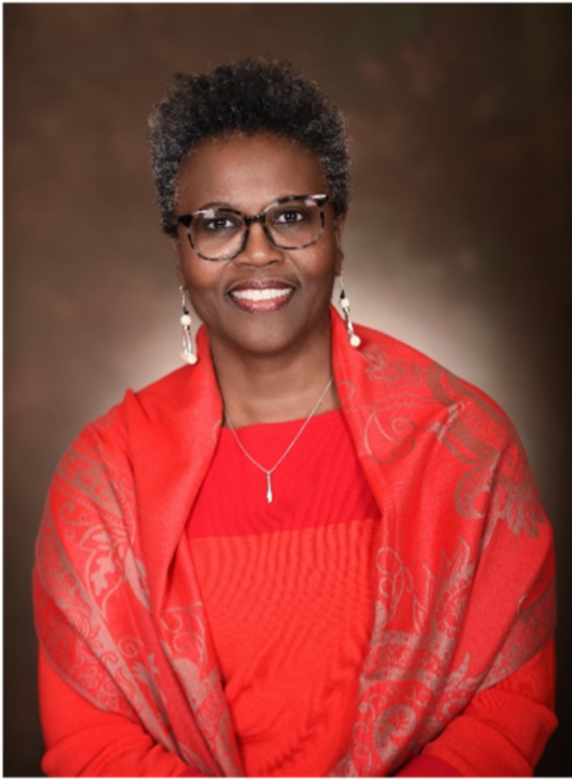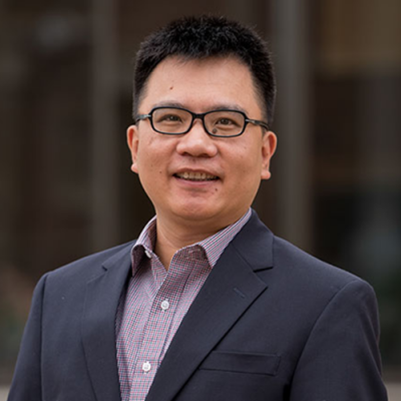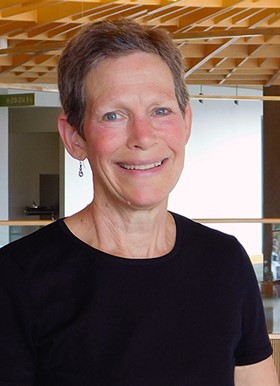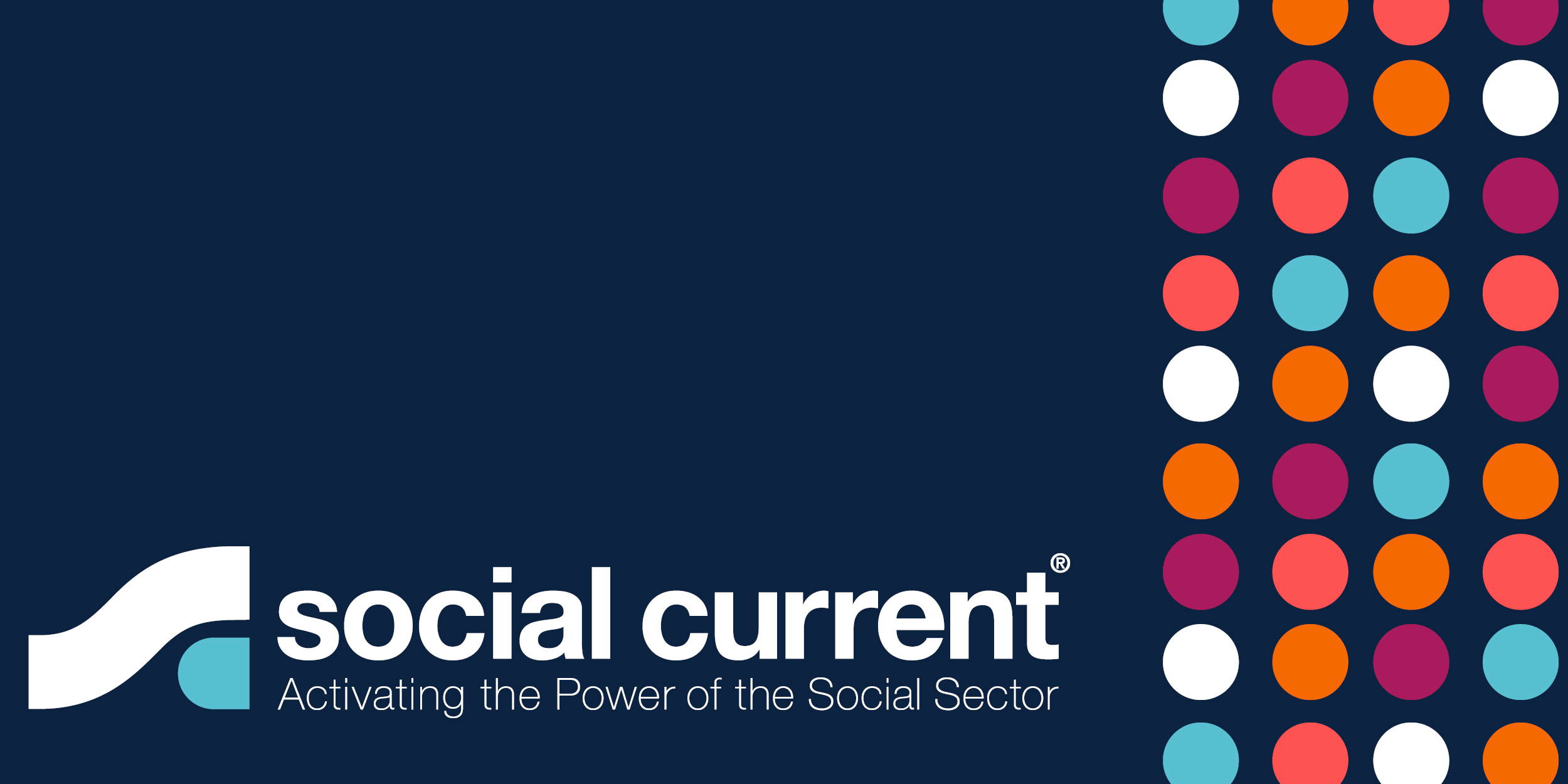Equity, Diversity, and Inclusion
New Journal Articles on Improving Financial Well-Being to Help All Families Thrive
Every person, family, and community is more likely to achieve their full potential when they have a strong foundation that enables them to weather life’s challenges and thrive, no matter their current situation, socioeconomic status, or geographic location. These building blocks are essential for creating and sustaining the well-being of every family and community:
- Safe, stable, nurturing relationships and environments that prevent and mitigate the impact of trauma through quality care options across the lifespan
- Equal opportunity employment that provides a living wage, economic mobility, and comprehensive workforce supports
- Affordable, preventive, quality health care that provides parity for behavioral health and addresses the social determinants of health
- Affordable, livable homes in safe, vibrant neighborhoods that have accessible healthy food, transportation, child care, and other fundamental services
- Education that begins with nurturing and supportive families and continues with early childhood development through post-secondary advancement
Building the Essentials of Financial Well-Being
Because so many of these building blocks are tied to financial well-being and opportunity, Social Current has collaborated with the Washington University Brown School’s Center for Social Development (CSD) and its partners to publish new research in Social Current’s peer-reviewed journal, Families in Society: The Journal of Contemporary Social Services. In recognition of Black History Month, the issue is freely accessible without a subscription through February 2022.
The special issue, Building Financial Capability and Assets in America’s Families, was guest edited by Jin Huang, Margaret Sherraden, Jenny Jones, and Christine Callahan. Articles were developed from presentations made at a national conference hosted at CSD and the Financial Social Work Initiative at the University of Maryland School of Social Work.
“We began this project to develop a better understanding of how financial well-being has become elusive for families,” explained Margaret Sherraden, a research professor in the Brown School at Washington University and a faculty lead of CSD’s Financial Capability and Asset Building (FCAB) initiative.
Many families and communities, especially communities of color, face hurdles that they alone did not create or control that obstruct their ability to flourish. “Counteracting multigenerational disparities and trauma resulting from systemic racism and oppression requires intentional interventions aimed at addressing root causes. Otherwise, those conditions may be insurmountable and will impede social change and justice that can benefit all Americans,” according to Jody Levison-Johnson, president and CEO of Social Current.
Helping Families Overcome Barriers
For families in crisis, guidance from community-based organizations and social services professionals can be critically important. “Financial and economic issues underlie many of the problems that bring families to social services,” the editors write in the issue introduction. “Intake interviews … often reveal insufficient income and assets, overwhelming debt, lack of emergency savings, limited access to public benefits and social assistance, challenges obtaining a bank account or credit, and worries about their future financial well-being.”
Jin Huang, professor of social work at Saint Louis University and a faculty lead of CSD’s FCAB initiative, noted takeaways: “This collection shows that families who bring financial struggles to social workers can find guidance on operating in an increasingly financialized society and on improving financial security. It also shows that those outcomes – financial capability and financial security – require a broader framework of supportive programming and sound policies.”
Building Financial Knowledge in Social Services
As dean of the Whitney Young Jr. School of Social Work at Clark Atlanta University, Jenny Jones brought to the project her insights from training students for financial capability practice. “I began incorporating financial content into social work classes to introduce students to issues related to families that are referred to social service agencies for various services,” Jones said. “Students embraced the skills when they saw how pivotal these issues are in the lives of their clients.”
Christine Callahan, research associate professor with the University of Maryland’s Financial Social Work Initiative, also came to the project through her efforts to develop social workers’ capacity for guiding clients in their financial struggles. “Social workers recognize that a better understanding of financial matters and addressing financial distress to a greater degree would enhance their work with individuals, couples, and families who often are dealing with complex, intertwined psychosocial and financial problems and stressors.”
Advancing Equity and Economic Freedom
It’s clear that all people need to be supported by families, who in turn fuel vibrant communities and economies. “Families and communities today are experiencing both acute and persistent needs that are varied and interconnected. That’s why it’s so critical that solutions focused on building well-being are evidence-informed, diverse, and cross-cutting through the lens of advancing equity,” notes Undraye Howard, senior director and special advisor to the CEO on Equity, Diversity, Inclusion, and Engagement at Social Current.
More practice and policy innovations, training and education, and research are necessary to ensure that all families—and particularly families of color with added burdens resulting from America’s long history of systemic racism and a culture of white supremacy—have the “opportunity to generate new collective narratives of genuine economic freedom where they can realize their hopes and capabilities” as envisioned in the essay by Devin Fergus and Trina Shanks.
Special Issue Articles
Articles in this issue can be accessed through Black History Month 2022 without a subscription.
- Building Financial Capability and Assets in America’s Families [Issue introduction]
Margaret S. Sherraden, Jin Huang, Jenny L. Jones, and Christine Callahan
- The Long Afterlife of Slavery in Asset Stripping, Historical Memory, and Family Burden: Toward a Third Reconstruction
Devin Fergus and Trina R. Shanks
- Family Self-Sufficiency Program Outcomes for Participants Enrolling During and After the Great Recession
Anna Maria Santiago and Joffré Leroux
- Household Language Barriers, Community Language Resources, and Asset Ownership Among Immigrants and Refugees in Western New York: A Mixed-Methods Study
Yunju Nam, Sarah Richards-Desai, and Yingying Zeng
- Help When You Need It: Sources of Advice for Student Loan Borrowers Across the Life Course
Julie Miller, Alexa Balmuth, Samantha Brady, and Joseph Coughlin
- A Process to Identify and Address Barriers to Providing Financial Capability Programming to Survivors of Intimate Partner Violence
Sarah Myers Tlapek, Leslie Hannah Knott, and Rachel Voth Schrag
- A Financial Social Work Certificate Program for Community and Family Practitioners
Christine Callahan, Jodi Jacobson Frey, Rachel Imboden, and Seanté Hatcher
- Financial Capability and Asset Building With a Racial- and Gender-Equity Lens: Advances from the Field
Christy Finsel, Mae Watson Grote, Margaret Libby, Cathie Mahon, and Margaret S. Sherraden
- A Century of Family Budget Counseling
Paul H. Stuart
Guest Editors

Christine Callahan

Jenny L. Jones

Jin Huang



